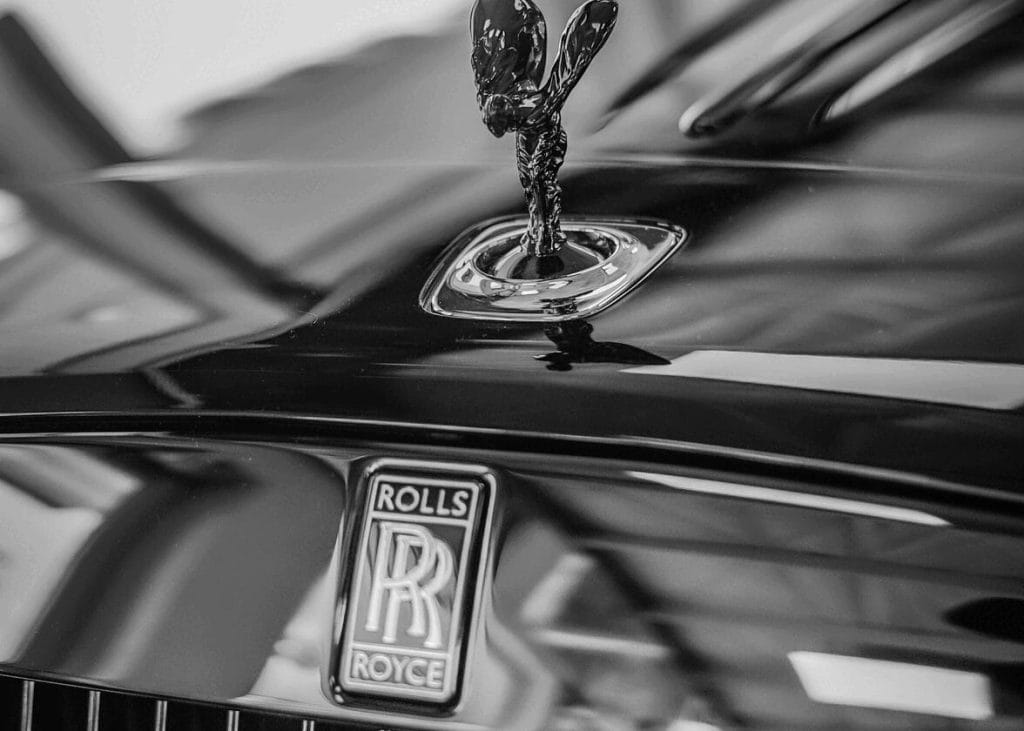Rolls-Royce Tests World’s First 100% Methanol Marine Engine, Advancing Green Shipping Transition

• Rolls-Royce completes first test of a high-speed engine running solely on green methanol, backed by Germany’s economic ministry.
• The meOHmare project aims to commercialize CO₂-neutral marine propulsion by 2025 through collaboration with Woodward L’Orange and WTZ Roßlau.
• The development supports maritime decarbonization targets and Rolls-Royce’s broader strategy to expand sustainable propulsion solutions.
A New Chapter in Marine Propulsion
Rolls-Royce has achieved a breakthrough in maritime decarbonization with the successful test of the world’s first high-speed marine engine powered entirely by methanol. The test, conducted at the company’s Friedrichshafen facility, is part of the German-funded meOHmare research initiative, a collaboration between Rolls-Royce Power Systems, Woodward L’Orange, and the technology institute WTZ Roßlau.
“This is a genuine world first,” said Dr. Jörg Stratmann, CEO of Rolls-Royce Power Systems AG. “To date, there is no other high-speed engine in this performance class that runs purely on methanol. We are investing in future technologies that allow our customers to reduce CO₂ emissions and expand our leadership in sustainable propulsion systems.”

The test marks a critical step toward climate-neutral maritime transport — an industry responsible for roughly 3% of global emissions and under rising regulatory pressure to decarbonize.
Engineering Innovation for a New Fuel
Methanol, long viewed as a key contender in the transition to cleaner marine fuels, brings distinct engineering challenges. Unlike diesel, it does not ignite spontaneously, requiring a complete redesign of combustion systems.
“We have fundamentally redesigned the combustion process, turbocharging, and engine control system — and even adapted our test bench infrastructure,” said Dr. Johannes Kech, Head of Methanol Engine Development at Rolls-Royce Power Systems. “Initial tests show the engine is running smoothly; now we focus on fine-tuning.”
By the end of 2025, the meOHmare consortium plans to deliver a comprehensive concept for a CO₂-neutral marine engine powered by green methanol, derived through renewable-energy-based power-to-X production processes.
From Research to Market Readiness
The test also serves as a signal to the broader shipping and energy industries. “Green methanol is a future-oriented fuel — and the technology for it is here,” said Denise Kurtulus, Senior Vice President Global Marine at Rolls-Royce. “This engine is an attractive solution, especially for operators of ferries, yachts, or supply vessels who want to reduce their carbon footprint. The task now is to create the right framework for wider adoption.”

Rolls-Royce is simultaneously developing dual-fuel systems that can operate on both methanol and diesel — a transitional solution aimed at maintaining flexibility until renewable methanol production scales up. The company sees methanol’s ease of storage, biodegradability, and low pollutant profile as major advantages over ammonia or hydrogen-based alternatives.
RELATED ARTICLE: Rolls-Royce Paves the Way for 100% Sustainable Aviation Fuel
Global and Industry Context
Methanol’s appeal lies in its balance of practicality and sustainability. When produced from renewable electricity and captured CO₂, green methanol can achieve near-zero lifecycle emissions. The fuel is already gaining traction in shipping: Maersk has ordered over two dozen methanol-fueled vessels, while ports from Singapore to Rotterdam are establishing bunkering infrastructure.
For engine manufacturers like Rolls-Royce, the challenge lies not only in technical innovation but also in aligning with evolving international standards and decarbonization frameworks, including the International Maritime Organization’s (IMO) target to reach net-zero greenhouse gas emissions by 2050.
Germany’s involvement through public funding reflects Europe’s strategic intent to secure leadership in clean marine technologies — an industrial and geopolitical priority as global competition for green shipping solutions intensifies.
C-Suite Takeaway: Decarbonization Meets Deployment
The success of Rolls-Royce’s methanol engine prototype strengthens the company’s position within a rapidly shifting propulsion market. For ship operators and investors, it underscores growing momentum toward scalable low-emission technologies that align with tightening carbon regulations and investor expectations.
If successfully commercialized, the technology could accelerate the maritime sector’s transition away from fossil fuels, providing a tangible path to meet climate commitments while maintaining operational performance.
As methanol infrastructure expands and policy incentives mature, Rolls-Royce’s early lead could position it at the center of a market projected to transform the global shipping value chain over the next decade.
Follow ESG News on LinkedIn












